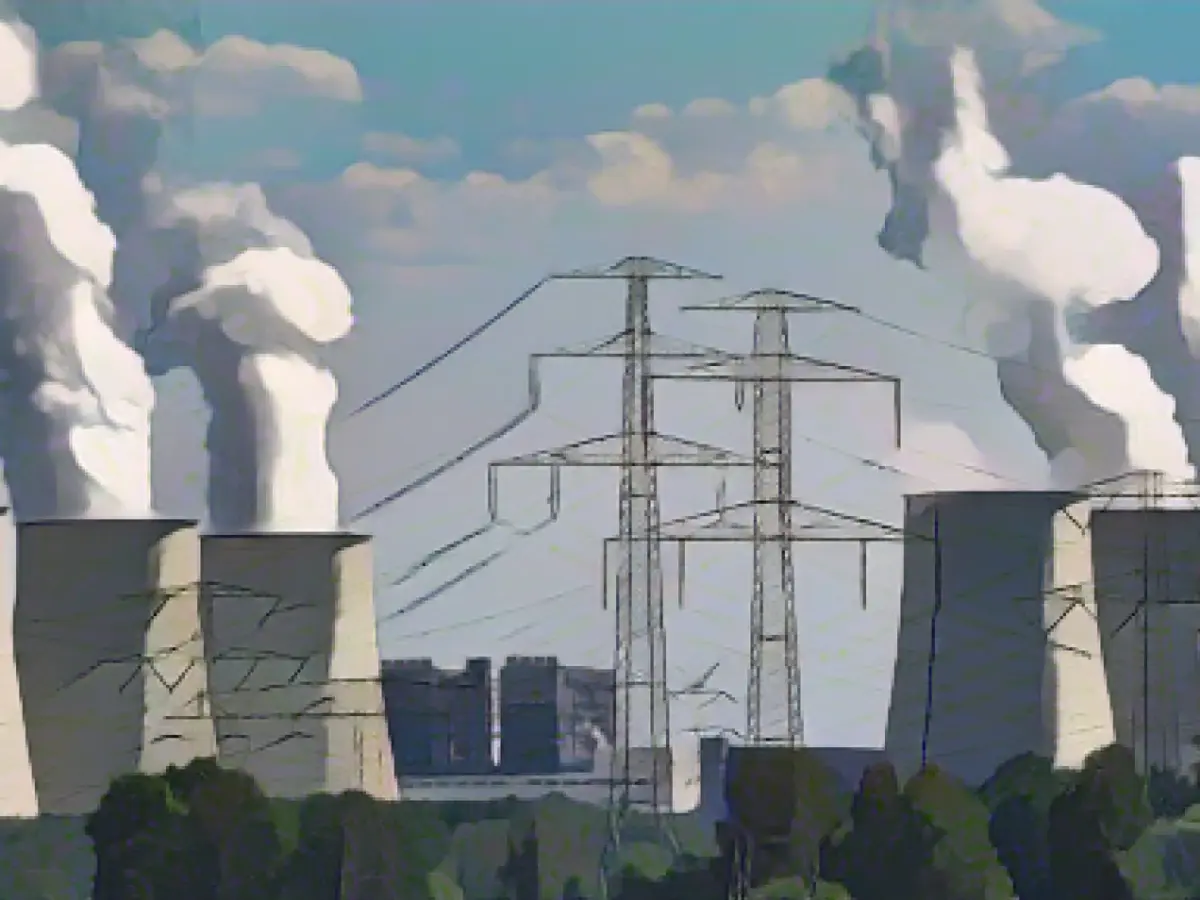Lignite Compensation Controversy for Leag in Brandenburg
With RWE, the North Rhine-Westphalia operator, receiving billions in compensation due to the EU-approved coal phase-out, politicians in Brandenburg are expressing concerns for potential disadvantages faced by Leag, the power plant operator in Lusatia. CDU parliamentary group leader Jan Redmann voiced his concerns on Tuesday, stating, "We're worried that the EU Commission is treating the RWE and Leag cases separately – perhaps even with different results." He called on the state government to pressure the situation, emphasizing, "Brandenburg shouldn't be treated worse than RWE in North Rhine-Westphalia."
The federal government is authorized to pay up to 2.6 billion euros in aid to RWE for early decommissioning of power plants in line with the coal phase-out by 2030. The EU Commission declared on Monday that this compensation does not violate EU regulations. The EU, however, has not yet decided on compensation for Leag, which aims to phase out coal-fired power generation by 2038.
Economics Minister Jörg Steinbach, an SPD member, welcomed the decision regarding RWE's aid but expressed the need for a swift resolution of Leag's proceedings. He emphasized, "Leag also requires certainty at this point. Clarity needs to be established in this matter."
Criticism from SPD and Call for Clarification
The SPD parliamentary group attacked Federal Economics Minister Robert Habeck (Greens) for perceived favoritism towards RWE. SPD parliamentary group leader Daniel Keller said, "It seems that because a quick exit has been decided for RWE at the state level, there's a certain favoritism here – I take a critical view of that." He therefore called on Minister Habeck to provide a swift response.
The Greens defended the EU Commission, emphasizing that Leag's later phase-out does not make the situation comparable to RWE's. Green Party parliamentary group leader Benjamin Raschke argued that, due to expensive CO2 trading, the operation of the power plants would no longer be economically viable in 2038. "This rightly raises the question for the EU Commission as to what compensation should be paid if there are no more profits." Raschke therefore advocated for the possibility of negotiating an earlier coal phase-out in Lusatia.
Growing Concerns among the Opposition
Broader concerns regarding Leag's situation stretch beyond political party lines. Sebastian Walter, leader of the Left Party parliamentary group, said the standstill surrounding Leag proved that East German interests were not being considered in political Berlin. In the event of funding withdrawal, Walter stated, "This would be a complete disaster for the East. Every move should be taken to prevent such a structural break."
Free Voter MP Matthias Stefke called on the Brandenburg government to fight full-force in Brussels for a resolution, urging Minister President Dietmar Woidke to take action. Hans-Christoph Berndt, AfD parliamentary group leader, weighed in on the situation, emphasizing that the turn of events was the result of misguided policies and expressed his hope for a swift redressal in the case of Leag.
*For further context on coal phase-out and compensation in Germany, see:








